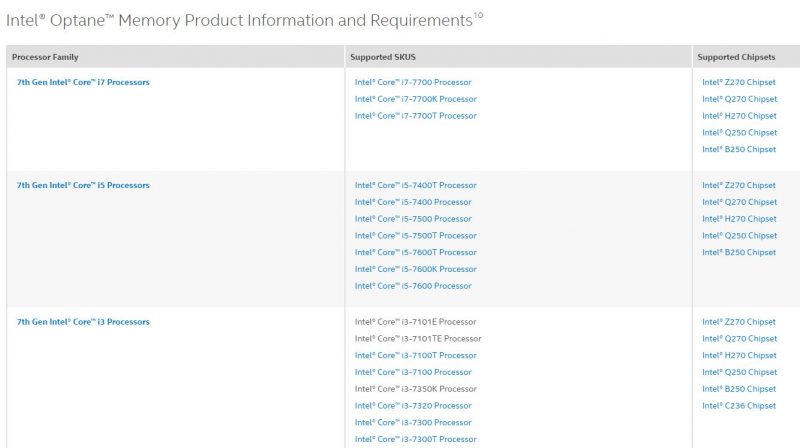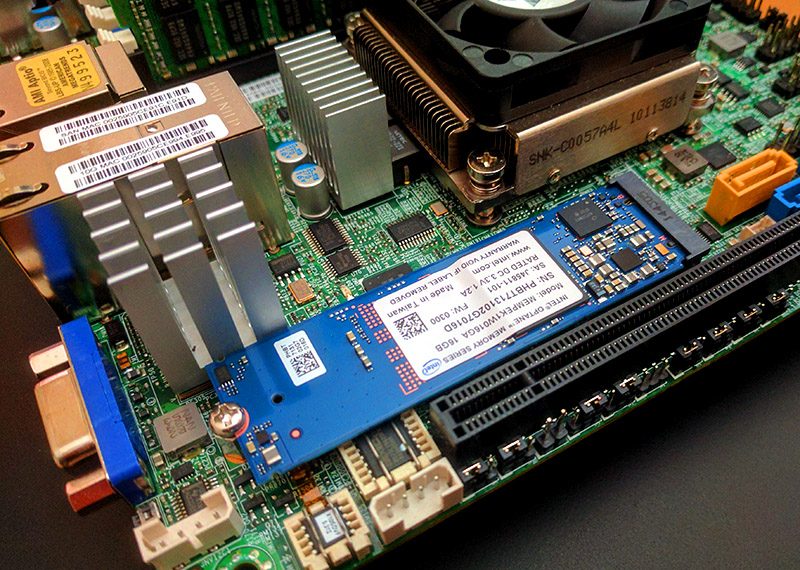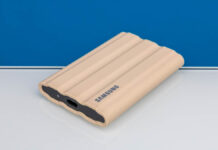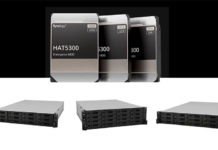After our original article on the Intel Optane Memory m.2 drive, we had a slew of questions regarding how the m.2 SSDs can be used in servers. We purchased both the 16GB and 32GB variants for a series of articles regarding using them in servers. In this article we are going to answer two of those questions: can they be used with systems outside of the 7th gen Core consumer desktops (e.g. in servers) and can you use them as ZFS cache/ log devices. While we still will not recommend the desktop Optane Memory SSDs for L2ARC or ZIL/ SLOG duties, we have answers.
Using Intel Optane Memory in a Server (not 7th gen Core based)
There is a lot of confusion online regarding whether you really need a 7th generation Intel Core system to utilize the m.2 Intel Optane Memory drives. That confusion stems from many of the online reviews, press releases, and even Intel’s own product page:

(Source: Intel accessed 207-04-29)
Intel clearly has an interest in ensuring consumers who purchase the drives see an appreciable benefit. The 7th gen Intel Core i7, i5 and i3 family platforms are able to use Intel RST-based caching for client workloads. This caching is not enabled on all Intel platforms so this makes sense.

On the question of whether you can use these cards in servers, the answer is yes, provided your server supports NVMe. That also means you can install them on just about any other server platform around. Of course, Intel would much rather you purchase a $1500+ Intel DC P4800X, however, we can confirm it works.
Using Intel Optane Memory as a ZFS Cache and ZIL/ SLOG Device
16GB or 32GB Intel Optane Memory capacities are paltry. The cards are also castrated to only utilize a PCIe 3.0 x2 connection, not a full PCIe 3.0 x4 uplink. Those features, mean they are not great cache devices. Your standard NVMe SSDs will likely perform better as a L2ARC device given higher capacity.
As a ZIL device, these drives are so slow that they are, at best, useful for dual 1GbE ZFS servers. They also have a limited endurance of around 100GB/ day per specs, which is very low for a ZIL device. They do not have RAM packages that we can see which makes sense given these are non-volatile storage. In theory, this means that the devices do not need power loss protection. If you have a low-performance 1GbE NAS, that experiences low amounts of writes per day, then these drives may make an interesting case at $44-$80.
Based on STH reader feedback, we bought several of the drives and tried them in ZFS:
As you can see, the drives clearly operate like standard NVMe drives when they are installed into a server. As a result, we can add them as ZIL/ SLOG log devices or L2ARC cache devices with ZFS. We did verify that you can read/ write to the pools as normal and that the drives are caching.
We do not recommend using these drives in production servers. You are better off buying more RAM or a larger NVMe SSD. Furthermore, the Intel DC P4800X is a much better product and much faster. However, if you wanted to spend under $100 and try Optane in a server, they will work.
Capacities are currently limited to 16GB or 32GB but are both well under $100.



If I’m reading this correctly, good for extra L2ARC on a small 10 GBE server hosting VMs. Good for 1 GBE ZFS ZIL home/ office use. Don’t use it in a big or production system.
8GB RAM and this as L2ARC or ZIL means its cheap. There aren’t many NVMe SSDs for $44.
So since these are just normal drives when not using caching, does this mean that they’ll work with Ryzen systems too and, provided the motherboard supports it, boot as an NVMe device?
Short answer: yes. More coming.
I’m so waiting for a 64-96GB model with x4. There’s enough space on the module.
*hopes and hopes some more*
THEY ARE DONT WORK WITH ANY WINDOWS SERVER OS ONLY WINDOWS 10! DO NOT BUY!!! ASUS AND INTEL SUCK AND ARE LYERS
They do work with Windows Server and show up as normal NVMe devices.
Nicolas. Just Lol.